Andreas Gross: ‘The Swiss judiciary acted in Putin’s interest’
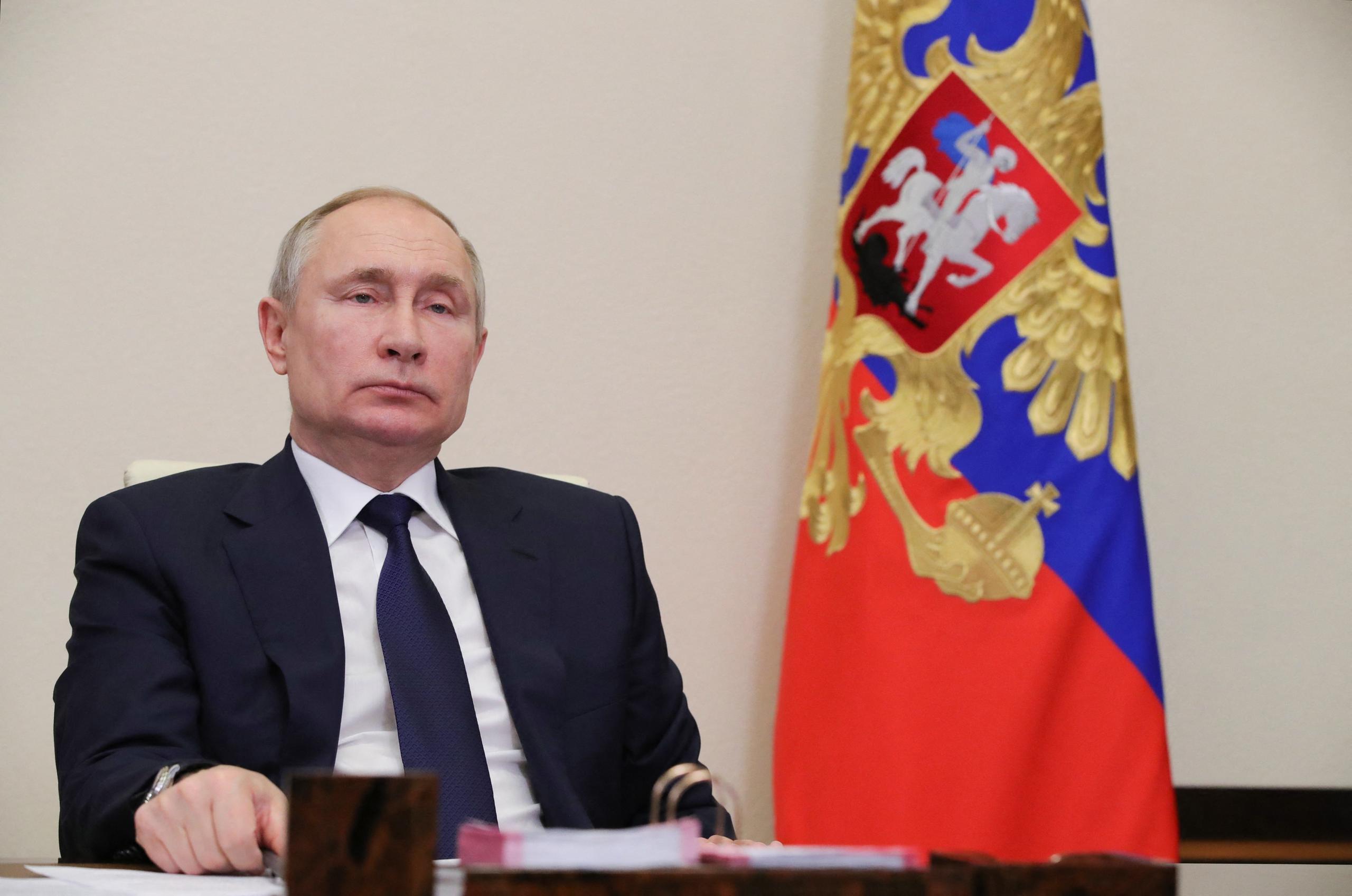
Andreas Gross, a Swiss politician who reported on the so-called Magnitsky affair for the Council of Europe, reflects on the close links between the Swiss and Russian authorities in the controversial case that continue to raise questions.
Last November, the Office of the Attorney General (OAG) of Switzerland confirmed reports that it was planning to drop a nine-year investigation into a $230 million ($249 million) Russian fraud scandal linked to the 2009 death of Russian lawyer Sergei Magnitsky in a Moscow jail. Prosecutors unblocked most of the related money frozen in Swiss bank accounts.
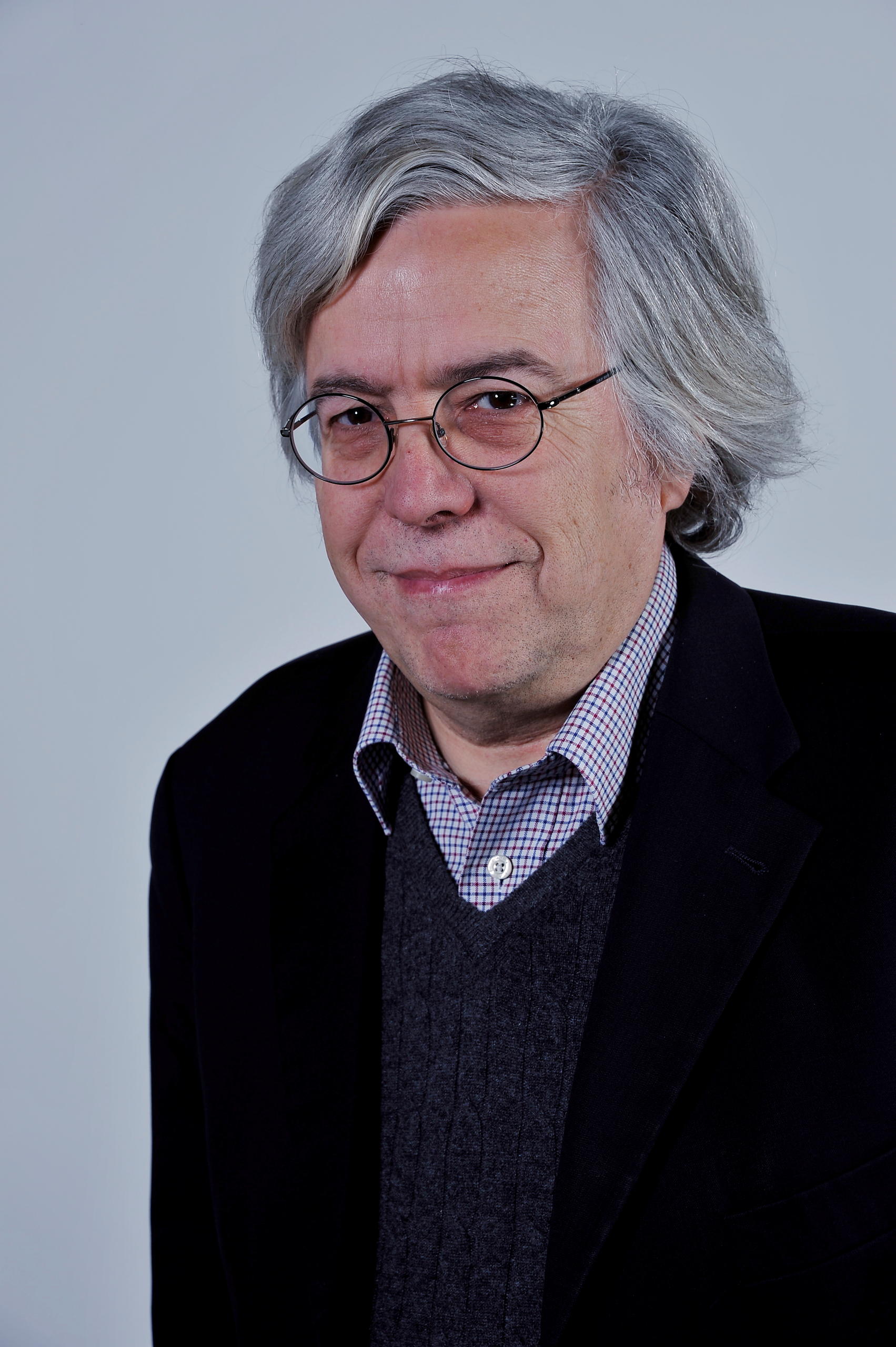
For nine years, Swiss prosecutors had been investigating allegations that Russian officials defrauded the investment fund Hermitage Capital. Some CHF18 million related to the probe remains frozen in Swiss banks, but it now looks like most of suspect funds will be returned to Russia.
The case, and Magnitsky’s death, have drawn international headlines and condemnation. In December an American senator, Roger Wicker, wrote to Mike PompeoExternal link to urge the then US Secretary of State “to ensure that mutual legal assistance work with Switzerland does not inadvertently become a vector for Russian influence”.
Swiss politicians have also raised concerns about the potential damage of the Magnitsky case to Switzerland’s justice system.
swissinfo.ch: What’s the truth behind accusations that the Swiss judicial system is helping Russia to silence opposition members?
Andreas Gross: It’s a very cutting question. Perhaps a simpler but equally dramatic one would be: ‘Why is the Swiss judiciary so cooperative with Russian oligarchs and their criminal accomplices, and why is it not really watching what they are doing?’
What’s your answer?
I don’t know. I can only but ponder that question.
swissinfo.ch:Is the Swiss judiciary just naïve or are certain specific interests at play?
The Swiss judiciary is certainly not naïve. But it is perhaps badly organised and maybe blind to certain failings. I have the impression that it doesn’t realise how bad and perverse the Russian judicial system really is. In Russia, parts of the judicial system is identical to that of criminals. Tax officials steal taxes from the state. This is arguably beyond the imagination of many Swiss citizens and federal officials.
swissinfo.ch: In 2013, you wrote a hard-hitting report on the Magnitsky affair for the Council of Europe, denouncing a ‘cover-up’. Are you disappointed that the OAG wants to now close an investigation into the related money laundering case?
I’m more than disappointed; I’m perplexed, outraged. There is no valid justification for this.
What’s worse is that hardly anyone is bothered about the whole thing. The few parliamentarians who have followed it are fobbed off with meaningless answers. The Federal Council seems to tolerate this kind of behaviour.
swissinfo.ch: People seem more outraged abroad, like US Senator Roger Wicker…
Yes. Parliamentarians in Bern should not underestimate the impact of the recent well-informed, comprehensive and very critical article in The EconomistExternal link [about close links between the Swiss and Russian authorities in the Magnitsky case] and the possible consequences. Western countries are rightly asking themselves whether they can still work with Switzerland or whether there is a risk that information will be sent to the Russians too quickly and too easily. That should be of interest to the Federal Council [Swiss executive body].
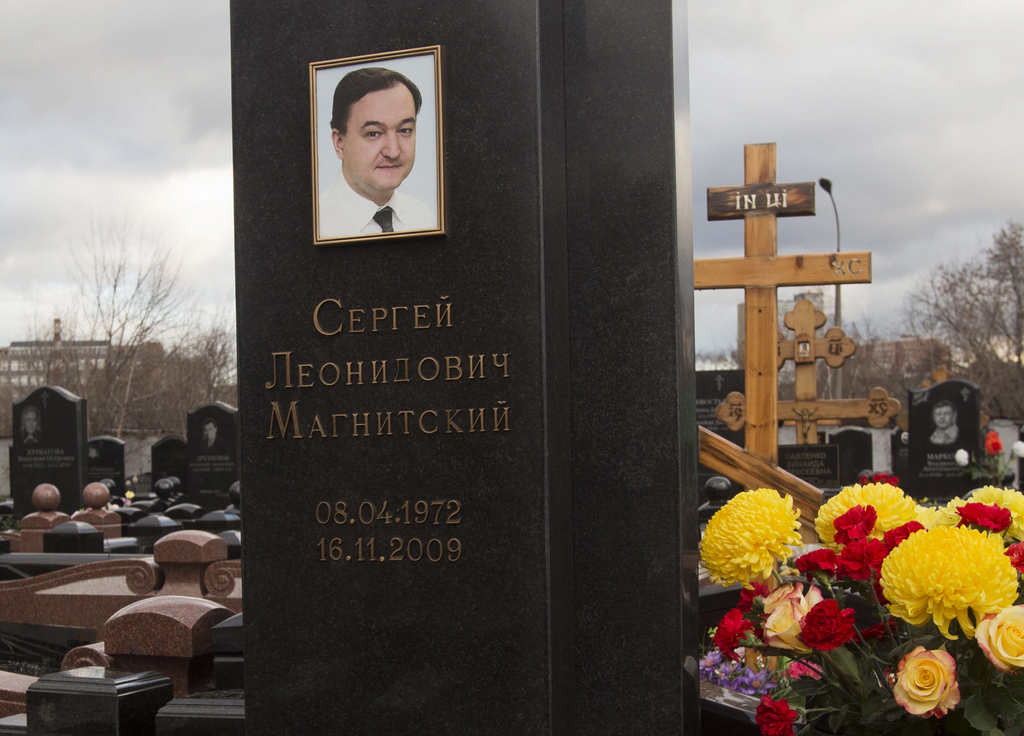
swissinfo.ch: What are the real motives behind the OAG closing the investigation?
First, they are blind to the failings of others. They cannot see how bad things are in Moscow, or recognise that their counterparts act like criminals and that you cannot work with them like you would with British or Austrian colleagues.
Second, the [former] OAG head delegated all Russia-related issues to a so-called expert, who proved to be long-standing fan of Russia, and who adopted their positions. It was never about law and justice, but always about Russia and the interests of the Russian authorities.
swissinfo.ch: Russian opposition politician Alexei Navalny has also been critical of this. He accused the former Swiss Federal Prosecutor Michael Lauber and federal police officers of direct contact with the Russian judiciary. The fact that they went on bear hunting and boat trips together hindered the investigation. What do you make of those allegations?
There is a lot to them. Direct contacts are not the problem of course. The authorities have to work together and that is only possible via direct contacts. The problem was that this Swiss expert from the Federal Prosecutor’s Office fully identified with his Russian colleagues. He even used their arguments to discredit my report on the Magnitsky case. I would never have dreamed that.
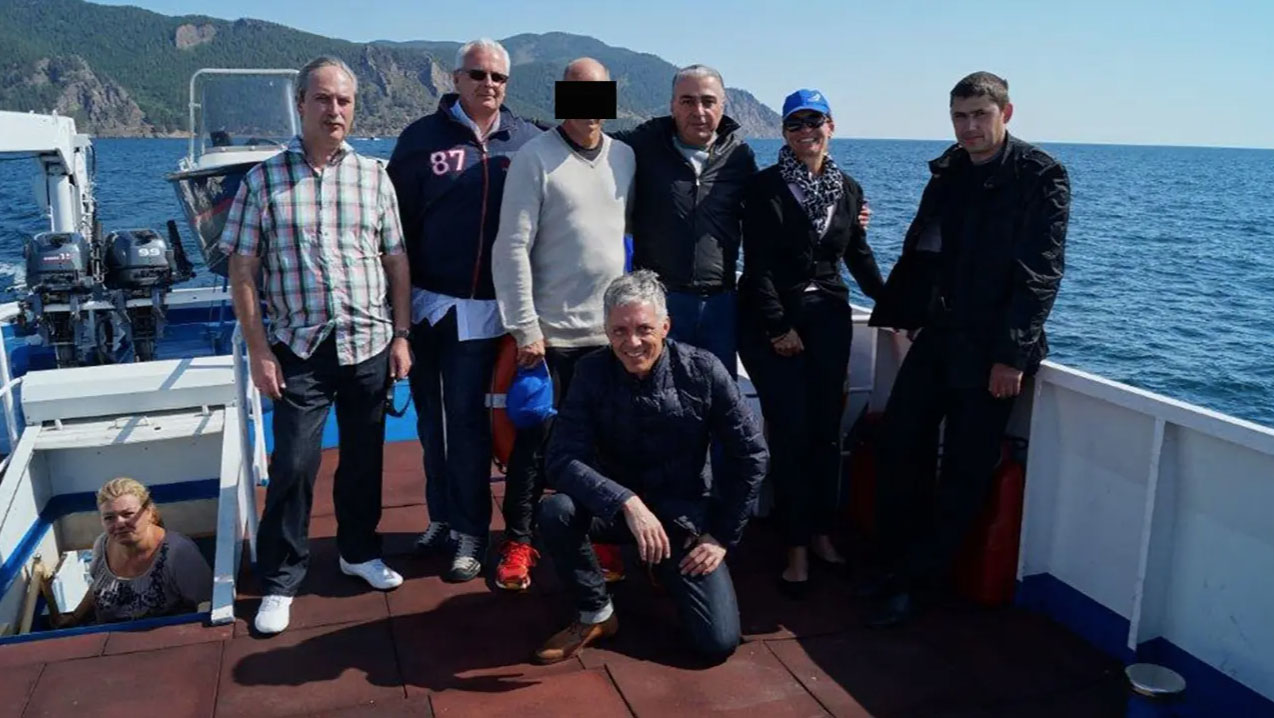
What’s worse is that this was simply accepted by Michael Lauber. Up to now, Lauber has never had to explain or even comment on it. The Magnitsky affair was supplanted by the FIFA scandal, which led to Lauber’s resignation. This affair isn’t more scandalous, it’s just easier to explain to the public. The Magnitsky case is a lot more complicated.
In this respect, Navalny is quite cautious in his assessment. He could have been much more critical of the Swiss justice system.
swissinfo.ch: The Kremlin repeatedly cites Swiss documents to support its own position. So all this is not really a coincidence.
Switzerland constantly hands over the documents Moscow wants, but the opposite is rarely the case. Russia has asked Switzerland for support over 1,000 times and has received documents. Meanwhile, the Russian judiciary has only provided documents in reply to 11% of Switzerland’s requests.
The authorities need to work together, but the Swiss judiciary has adopted the Russian illegality as their own; that is our problem. In Russia’s affairs, the OAG acted in Putin’s interest – that’s the scandal.
swissinfo.ch: But why? Is the OAGincompetent? Is someone exerting pressure or worried about the money of Russian oligarchs?
The Swiss judiciary is certainly not incompetent. It shouldn’t be afraid either. But there is certainly enormous pressure, especially from Swiss banks, and money linked to insurance and trade. The Swiss public is not aware of how many dirty billions from the former Soviet Union are being managed by Swiss banks that make huge profits.
Incriminated Russian oligarchs and their criminal accomplices also own lots of nice villas and real estate on the sunny shores of Lake Geneva and Lake Zurich. There is certainly pressure and temptation to ignore criminal processes or to give up in the face of such complexity.
But does that explain why top Swiss authorities are not investigating crimes, why they are letting criminals go and even giving them back stolen money? This is not enough for me as an explanation. So, your initial question about ‘why?’ is the million-dollar question; it’s something that bothers me every day and something that I can’t answer yet.
“The Office of the Attorney General of Switzerland (OAG), as the federal investigative and prosecuting authority, conducts its criminal and mutual assistance proceedings based exclusively on relevant legal foundations – in particular the presumption of innocence, the principle of expeditiousness, and the investigation principle, according to which the criminal authorities must clarify incriminating and exculpating circumstances with equal diligence. Thus, proceedings are neither conducted with a political focus nor based on alleged ‘too close’ connections between persons involved and / or public prosecutor’s offices in Switzerland and other countries.
As the federal law enforcement agency, the federal prosecutor’s office handles increasingly complex and extensive proceedings in a globally networked environment. These require the office to cooperate efficiently on a national and international level, with the area of mutual legal assistance becoming increasingly important. When executing requests for mutual legal assistance, the office must take into account Switzerland’s international agreements. This include the European Convention on Mutual Assistance in Criminal Matters, which has been ratified by both Switzerland and Russia, and the European Convention on Human Rights. The office refuses mutual legal assistance if Swiss law so requires; for example if the underlying proceedings are being carried out to persecute or punish a person because of their political beliefs, for belonging to a particular social group, or for reasons of race, religion or ethnicity. Granting and refusing mutual legal assistance can be challenged by an appeal to the Federal Criminal Court and the Federal Supreme Court.
The Swiss Federal Office of Justice (FOJ), as the competent authority for international mutual legal assistance in criminal matters, delegates to OAG requests for mutual legal assistance from Russia. Depending on the country, requests for mutual legal assistance must be sent through the FOJ or directly to the competent authority. Requests for mutual legal assistance from Russia always go through the FOJ, which checks whether they meet the legal requirements. If the request meets the requirements, the FOJ forwards the request to the competent authority for enforcement, if necessary also to OAG.”
Translated from German by Simon Bradley

In compliance with the JTI standards
More: SWI swissinfo.ch certified by the Journalism Trust Initiative











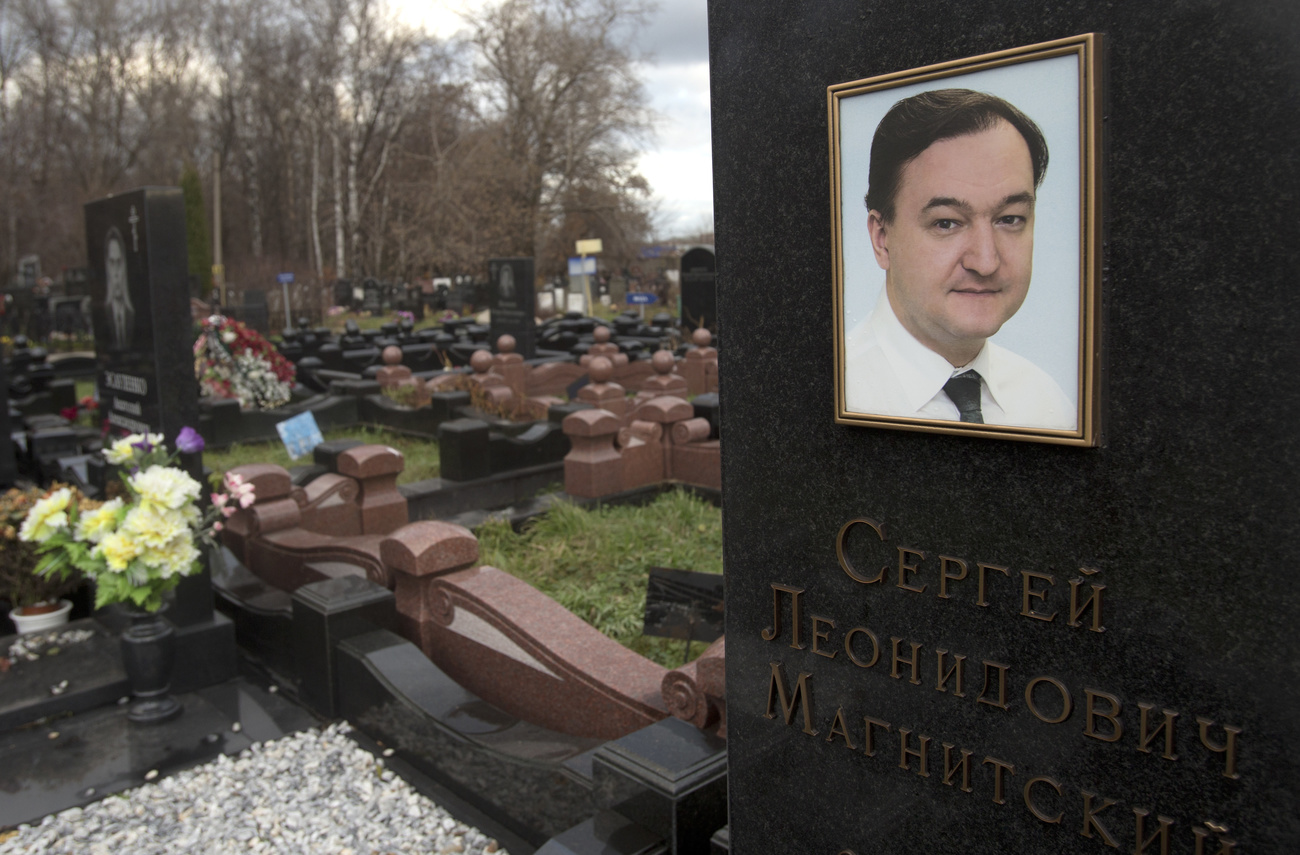
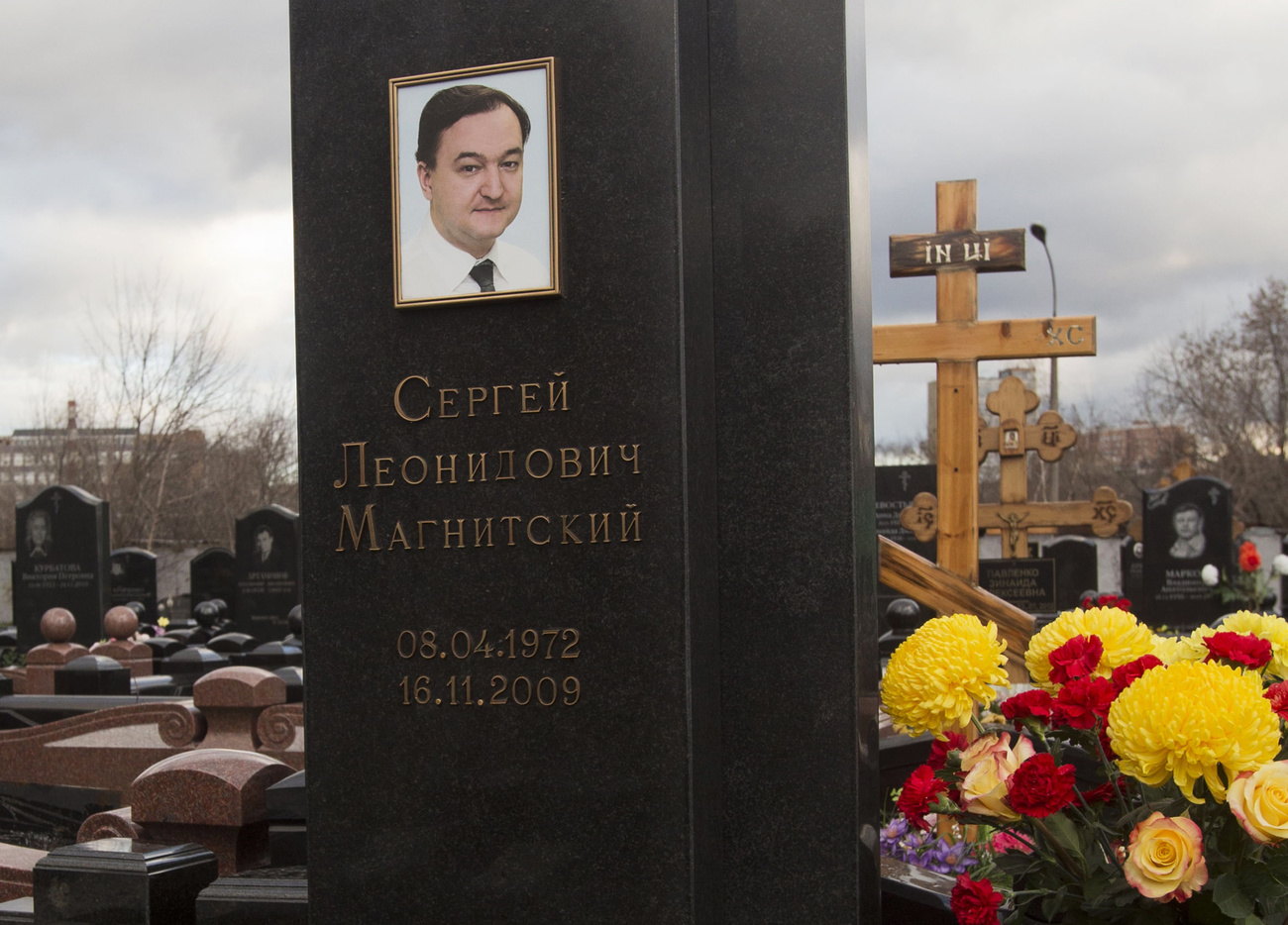
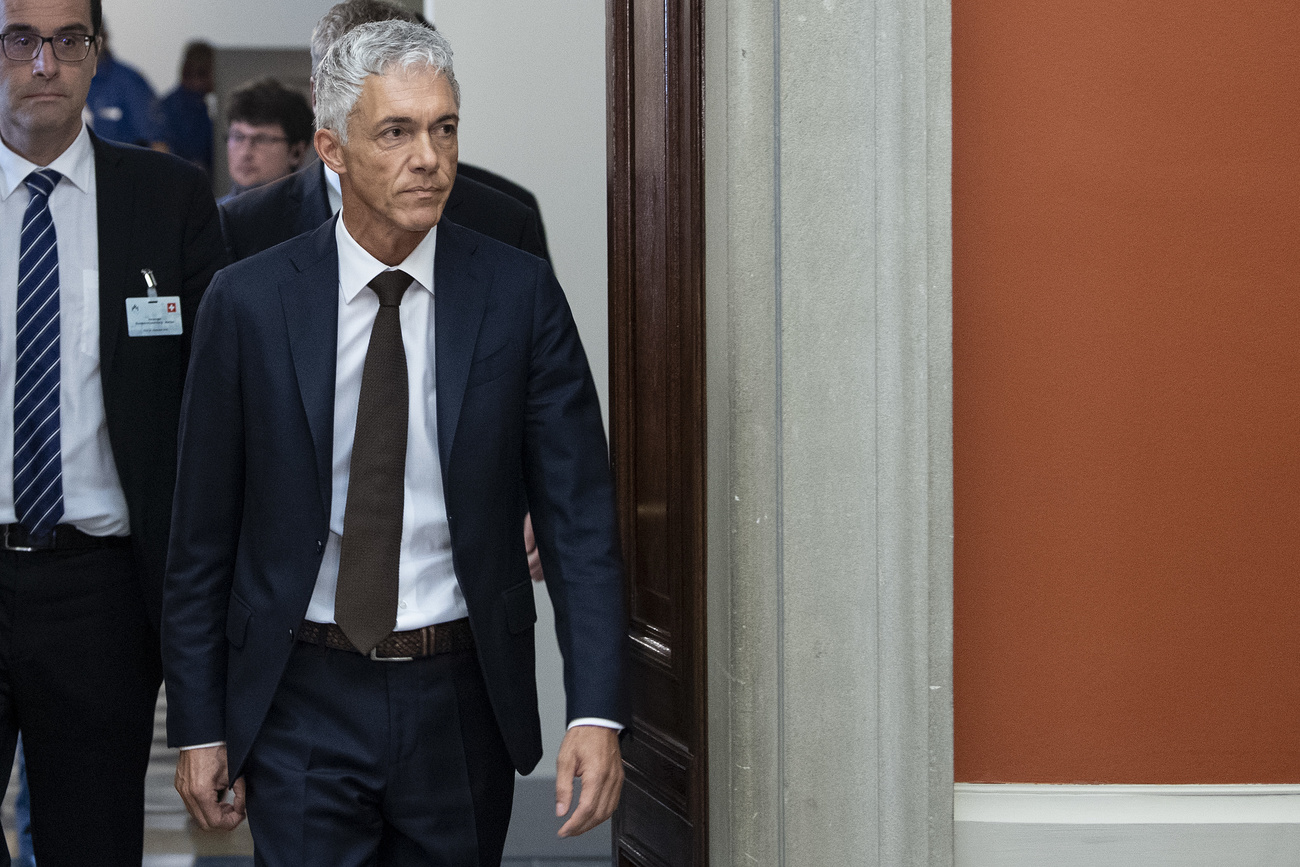

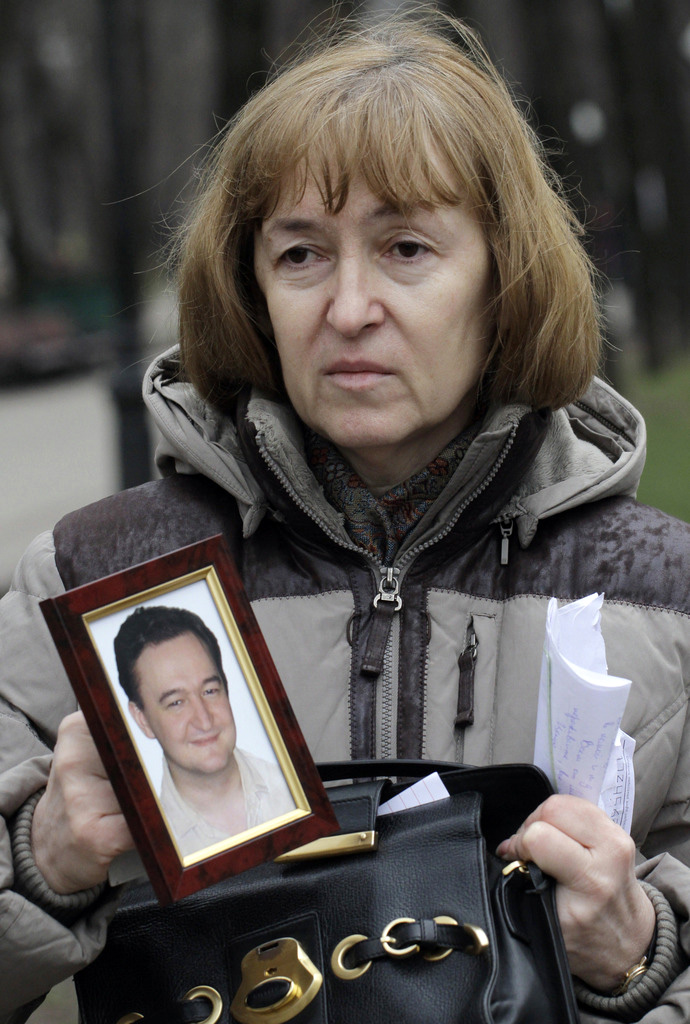
You can find an overview of ongoing debates with our journalists here . Please join us!
If you want to start a conversation about a topic raised in this article or want to report factual errors, email us at english@swissinfo.ch.